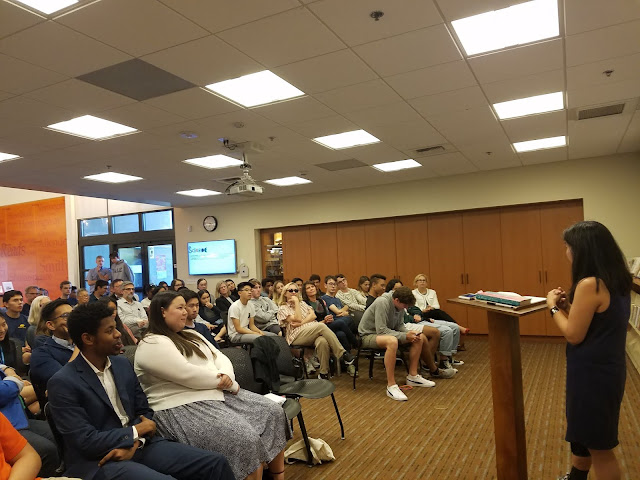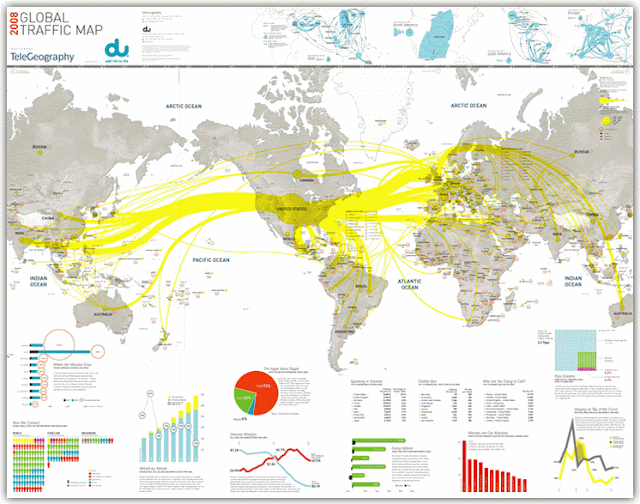Vanessa Hua
This past week, I had the privilege of hearing Vanessa Hua, an Asian-American author based in San Francisco, speak. She works as a columnist at the San Francisco Chronicle and has published two books, Deceit and Other Possibilities (2016) and A River of Stars (2018), works for which she has received numerous awards. At the event, Hua talked about her most recent novel, read a brief excerpt from her 2016 anthology, discussed current events, and shared parts of her creative process. A River of Stars follows Scarlett Chen, a pregnant Chinese woman, who, in an attempt to gain citizenship for her soon-to-be-born son, takes up residence in Los Angeles. Complications ensue, and Scarlett must navigate a country in which she does not speak the language, all while evading immigration authorities and attempting to gain a foothold in the United States for her son. The novel stands at the intersection of several dynamic populations: pregnant women, immigrants, Chinese Americans, and those who aim to suppress all such groups. The multiplicity of identities that the novel’s characters have, made further impactful by their distance from my own experience, serve as a window through which I can see from a wholly different perspective. The value of reading and analyzing this type of literature, at least to me, is inestimable. To make positive change in society, positive change must be made for all. To understand the change others’ need, I believe we must first understand—or at least seek to understand—our fellow humans that hail from different walks of life.
As a writer myself, I greatly appreciated Hua’s delving into her writing career and process. Several times, she touched on the importance of empathy in writing both fiction and nonfiction. As writing about others necessarily engages with characters or people with whom one does not have shared experience, Hua explained that acting as a sort of literary “vulture,” always listening or waiting to pick up cultural morsels, is critical. Moreover, she referenced her more long-term experience as a novelist, one marked by numerous rejections but ultimate success. While writing for numerous publications, particularly the San Francisco Chronicle, Hua has also worked on several side projects. She notes that, to achieve stability as a writer, she did not rely on one opportunity, instead refining her craft through various outlets and relentlessly forging ahead. Hua’s determination and enthusiasm inspired me to further invest in writing and to consider more often the communities of which my city is made up.
As a writer myself, I greatly appreciated Hua’s delving into her writing career and process. Several times, she touched on the importance of empathy in writing both fiction and nonfiction. As writing about others necessarily engages with characters or people with whom one does not have shared experience, Hua explained that acting as a sort of literary “vulture,” always listening or waiting to pick up cultural morsels, is critical. Moreover, she referenced her more long-term experience as a novelist, one marked by numerous rejections but ultimate success. While writing for numerous publications, particularly the San Francisco Chronicle, Hua has also worked on several side projects. She notes that, to achieve stability as a writer, she did not rely on one opportunity, instead refining her craft through various outlets and relentlessly forging ahead. Hua’s determination and enthusiasm inspired me to further invest in writing and to consider more often the communities of which my city is made up.




Comments
Post a Comment